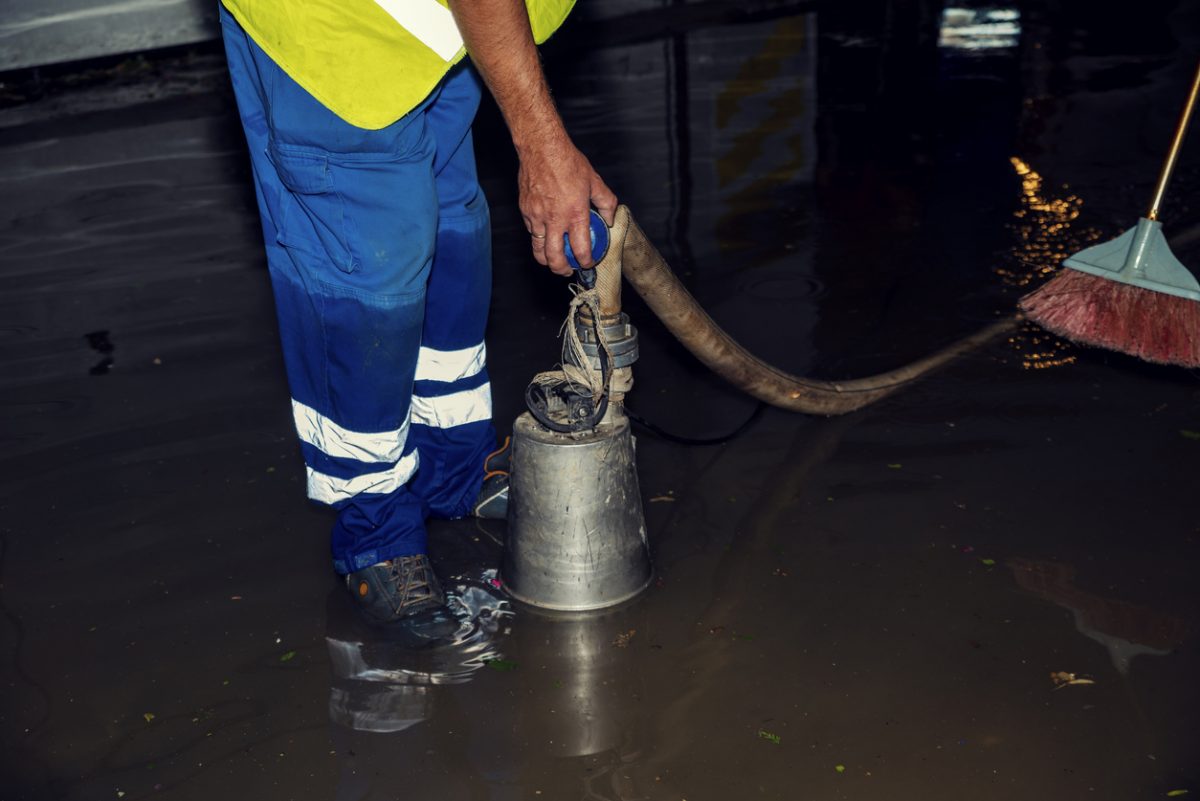

Articles
What To Do About Water In The Basement
Modified: August 28, 2024
Discover effective solutions and prevention tips for water in the basement with our informative articles. Say goodbye to basement water issues today!
(Many of the links in this article redirect to a specific reviewed product. Your purchase of these products through affiliate links helps to generate commission for Storables.com, at no extra cost. Learn more)
Introduction
Welcome to our comprehensive guide on what to do about water in the basement. Dealing with water damage in the basement can be a frustrating and stressful experience for homeowners. Whether it’s due to heavy rain, a burst pipe, or a foundation leak, excess water in the basement can lead to structural damage, mold growth, and a host of other issues.
In this article, we will explore the causes of water in the basement, how to assess the damage, and the steps you can take to effectively remove the water. We will also discuss when it’s necessary to hire a professional basement waterproofing company and provide tips on preventing future basement water problems.
So, if you’ve discovered water in your basement, don’t panic. Take a deep breath and let’s dive into this guide to help you navigate through the process of addressing and resolving the issue.
Key Takeaways:
- Identifying the source of basement water and assessing the damage are crucial steps in addressing the issue. Whether DIY or professional help, prioritizing safety and implementing preventive measures is key to a dry and healthy basement.
- Preventing future basement water problems involves proper grading, regular maintenance, and installing preventative systems. Stay vigilant with inspections to catch early signs of water damage and ensure a safe, dry basement for the long term.
Read more: What Do Cats Think About Mirrors
Causes of Water in the Basement
There are several potential causes of water in the basement, and it’s important to identify the source in order to effectively address the issue. Here are some common culprits:
- Heavy Rainfall: One of the most common causes of water in the basement is heavy rain. If your basement is not properly waterproofed, water can seep through cracks in the walls or floors, or even enter through window wells or faulty drainage systems.
- Improper Grading: If the ground around your home slopes towards the foundation instead of away from it, water can accumulate and find its way into the basement. This can happen if the soil settles or if the landscaping is not properly maintained.
- Malfunctioning Gutters and Downspouts: When gutters and downspouts are clogged or damaged, rainwater can overflow and pool around the foundation. This water can seep into the basement through cracks or gaps.
- Sump Pump Failure: A sump pump is designed to remove excess water from the basement. However, if the pump malfunctions or the power goes out, water can accumulate and cause flooding.
- Burst Pipes: A burst pipe can release a significant amount of water into the basement. This can occur due to freezing temperatures, aging pipes, or excessive water pressure.
- Foundation Issues: Cracks or leaks in the foundation can allow water to enter the basement. These issues can be caused by settling, hydrostatic pressure, or poor construction.
Identifying the specific cause of water in your basement may require a thorough examination and investigation. It’s important to remember that multiple factors can contribute to the issue, so it’s crucial to address all potential sources to effectively resolve the problem.
Assessing the Damage
After discovering water in your basement, the next crucial step is to assess the extent of the damage. This will help you determine the appropriate course of action and whether you need to involve professional help. Here are the key aspects to consider when assessing the damage:
- Water Level: Measure the depth of the water in your basement. This will give you an idea of how severe the flooding is.
- Structural Integrity: Inspect the walls, floor, and foundation for any visible signs of damage. Look for cracks, bowing, or shifting that may indicate structural issues caused by the water.
- Electrical Systems: Check if any electrical components, outlets, or appliances have been affected by the water. Avoid touching any exposed wires or electrical equipment until a professional electrician assesses the situation.
- Personal Belongings: Determine if any personal belongings, furniture, or valuable items have been damaged or are at risk of damage. Take photos or videos as evidence for insurance claims.
- Mold and Mildew: Look for signs of mold or mildew growth, such as a musty smell or visible discoloration on walls or furniture. Mold can pose health risks and should be addressed promptly.
It’s important to document the damage by taking photos and keeping records of any expenses related to cleanup or repairs. This information will be useful when filing insurance claims or when seeking assistance from professionals.
Keep in mind that assessing the damage should be done with caution. If you’re unsure about the safety of your basement or the extent of the damage, it’s advisable to consult with a professional before taking further action.
Preparing for Basement Water Removal
Before you start the process of removing water from your basement, it’s essential to take some necessary precautions and make the necessary preparations. Here are some steps to help you prepare for basement water removal:
- Ensure Your Safety: Safety should be your top priority. Before entering the flooded basement, make sure the electricity is turned off to avoid the risk of electrical shock. If the water level is high or you’re unsure about the stability of the structure, it’s best to wait for professional assistance.
- Wear Protective Gear: When dealing with standing water in the basement, it’s crucial to wear protective gear to prevent contamination and exposure to harmful substances. This includes rubber gloves, boots, and a respiratory mask if there is a risk of mold or chemical exposure.
- Remove Valuable Items: If possible, remove any valuable items, furniture, or belongings from the affected area. This will help prevent further damage and give you more room to work during the water removal process.
- Set Up Proper Ventilation: Open windows and doors to allow for air circulation. Use fans or dehumidifiers to aid in drying out the basement. Proper ventilation will help prevent mold growth and expedite the drying process.
- Create Drainage Pathways: If there is a significant amount of water in the basement, you may need to create drainage pathways to facilitate the water removal process. Use a sump pump or a wet/dry vacuum to pump out the water or manually remove it using buckets or a mop.
- Dispose of Contaminated Items Properly: If the water in your basement is contaminated by sewage or other hazardous materials, it’s important to take proper precautions when disposing of affected items. Consult with local authorities or a waste management company for guidance.
Remember, water removal can be a physically demanding and time-consuming process. It’s crucial to pace yourself, take breaks if needed, and stay hydrated. If you feel overwhelmed or unsure about the water removal process, it’s always best to seek professional help to ensure a thorough and safe cleanup.
Make sure your gutters and downspouts are clear of debris to prevent water from pooling around your foundation. Consider installing a sump pump to remove excess water from the basement.
DIY Basement Water Removal
If the water in your basement is relatively minor and you feel confident in handling the cleanup yourself, here are some DIY steps you can take to remove the water:
- Assess the Water Source: Before starting the cleanup process, it’s important to identify and address the source of the water to prevent further issues. If it’s a minor leak or a burst pipe, shut off the water supply and repair the damage.
- Protect Yourself: Wear protective gear such as rubber boots, gloves, and a respiratory mask to prevent exposure to contaminated water and potential hazards.
- Remove Standing Water: Use a wet/dry vacuum, sump pump, or a bucket and mop to remove the standing water from the basement. Start from the highest point and work your way towards the drain or sump pump.
- Dry Out the Area: Open windows and doors to encourage air circulation. Use fans, dehumidifiers, and heaters (if safe to do so) to speed up the drying process. Remove any wet or damp materials, such as carpets, rugs, or furniture, to prevent mold growth.
- Clean and Disinfect: Thoroughly clean and disinfect all surfaces and items that came into contact with the water to prevent mold and bacterial growth. Use a solution of bleach and water or a disinfectant recommended for flood cleanup.
- Inspect for Mold: Keep an eye out for any signs of mold growth in the basement. If you notice mold, consult with a professional mold remediation specialist to ensure proper removal.
- Waterproofing and Repairs: Take the necessary steps to waterproof your basement and make any repairs needed to prevent future water intrusion. This may involve sealing cracks in the walls, improving drainage systems, or installing a sump pump.
While DIY basement water removal can be effective for minor incidents, it’s important to recognize your limitations. If the water damage is extensive or you are unsure how to properly handle the cleanup, it’s best to seek professional assistance to prevent further damage or health risks.
Remember, safety should always come first. If at any point you feel overwhelmed or uncertain about the process, do not hesitate to contact a professional basement waterproofing company for assistance.
Read more: What To Do With A Dirty Basement
Hiring a Professional Basement Waterproofing Company
If the water damage in your basement is severe or you’re unable to handle the cleanup yourself, it may be necessary to hire a professional basement waterproofing company. Here are some reasons why hiring professionals can be beneficial:
- Expertise and Experience: Professional basement waterproofing companies have specialized knowledge and experience in dealing with water damage and basement waterproofing. They can accurately assess the extent of the damage, identify the root cause, and provide effective solutions.
- Advanced Equipment: Professional contractors have access to state-of-the-art equipment and tools necessary for efficient water removal and drying. They can utilize industrial-grade pumps, dehumidifiers, and moisture detection devices to ensure thorough restoration.
- Time and Efficiency: Basement waterproofing companies have a dedicated team of professionals who can work quickly and efficiently to remove the water and restore your basement. This saves you time and effort while minimizing the risk of further damage.
- Comprehensive Solutions: Professional contractors not only address the immediate water damage but also provide long-term solutions to prevent future basement water problems. They can implement proper drainage systems, install sump pumps, and seal cracks to ensure the integrity and dryness of your basement.
- Insurance and Warranty: Reputable basement waterproofing companies are often insured and offer warranties on their work. This provides peace of mind knowing that you’re protected in case of any issues that may arise in the future.
When hiring a professional basement waterproofing company, consider the following factors:
- Research and Referrals: Conduct thorough research and check for customer reviews and ratings to find reputable companies in your area. Ask for recommendations from friends, family, or neighbors who have dealt with similar issues.
- Licenses and Certifications: Ensure that the company holds the necessary licenses and certifications required by your state or local authorities.
- Estimates: Request written estimates from multiple companies, detailing the scope of work, cost, and timeframe. Compare the proposals and choose the one that best suits your needs and budget.
- Contract and Guarantee: Before signing any contract, carefully review the terms and conditions. Make sure the company offers a warranty on their workmanship and provides clear guidelines for any additional costs or changes to the project.
Hiring a professional basement waterproofing company can save you time, effort, and potential headaches associated with water damage. Their expertise and comprehensive solutions can bring peace of mind and help ensure a dry and healthy basement.
Preventing Future Basement Water Problems
Once you’ve addressed the immediate water damage in your basement, it’s vital to take proactive steps to prevent future water problems. Here are some preventive measures you can implement:
- Proper Grading and Drainage: Ensure that the ground around your home slopes away from the foundation. This will help redirect rainwater and prevent it from pooling around the basement walls. Regularly inspect gutters and downspouts, and make sure they are clean and functioning properly to effectively channel water away from the foundation.
- Foundation Maintenance: Regularly inspect the foundation for cracks, leaks, or signs of deterioration. Promptly repair any issues to prevent water penetration. Consider applying a waterproof sealant to the exterior walls of your basement for added protection.
- Sump Pump Installation: Installing a sump pump can be an effective measure to prevent basement flooding. It automatically removes excess water from the sump basin, keeping the basement dry. Regularly test the pump and ensure it is in good working condition.
- Window Well Covers: If you have window wells in your basement, consider installing sturdy, well-fitted covers. These covers help prevent water from seeping into the basement through the windows and also keep debris and animals out.
- Landscaping Considerations: Be mindful of your landscaping choices near the foundation. Avoid planting trees or shrubs with deep root systems that could damage the foundation. Additionally, avoid excessive watering near the foundation, as it can contribute to water seepage.
- Regular Inspections: Schedule regular inspections of your basement to identify any potential issues early on. Look for signs of water intrusion, mold growth, or moisture problems. Addressing these issues promptly can help prevent further damage.
- Maintain Plumbing: Regularly inspect and maintain your plumbing system. Repair any leaks or faulty pipes to prevent water damage in the basement. Consider insulating exposed pipes to prevent freezing and bursting in colder climates.
Remember, prevention is key when it comes to basement water problems. By implementing these preventive measures and staying vigilant, you can minimize the risk of future water damage and maintain a dry and safe basement.
Conclusion
Dealing with water in the basement can be a stressful and daunting experience. However, by taking the right steps, you can effectively address the issue and prevent future water problems. Whether you choose to tackle the task yourself or hire a professional basement waterproofing company, it’s essential to approach the situation with caution and prioritize your safety.
Start by assessing the damage and identifying the cause of the water in your basement. This will help you determine the appropriate course of action and ensure that the necessary repairs are made. If you decide to handle the cleanup yourself, make sure to wear protective gear and follow proper procedures for water removal, drying, and disinfection.
If the water damage is extensive or you feel overwhelmed, don’t hesitate to seek professional help. Basement waterproofing companies have the expertise, experience, and specialized equipment to efficiently handle the cleanup and provide long-term solutions to prevent future water intrusion.
Preventing future basement water problems is crucial for the long-term health and integrity of your home. Implementing measures such as proper grading and drainage, regular maintenance of the foundation and plumbing, and installing preventative systems like sump pumps and window well covers can go a long way in keeping your basement dry.
Remember to stay vigilant and conduct regular inspections of your basement to catch any signs of water damage or moisture issues early on. By addressing them promptly, you can mitigate the risk of further damage and costly repairs.
In conclusion, water in the basement is a common problem that can lead to significant damage if not properly addressed. Whether you choose to take the DIY route or hire professionals, the key is to act swiftly, prioritize safety, and implement preventive measures to ensure a dry and healthy basement for years to come.
Frequently Asked Questions about What To Do About Water In The Basement
Was this page helpful?
At Storables.com, we guarantee accurate and reliable information. Our content, validated by Expert Board Contributors, is crafted following stringent Editorial Policies. We're committed to providing you with well-researched, expert-backed insights for all your informational needs.
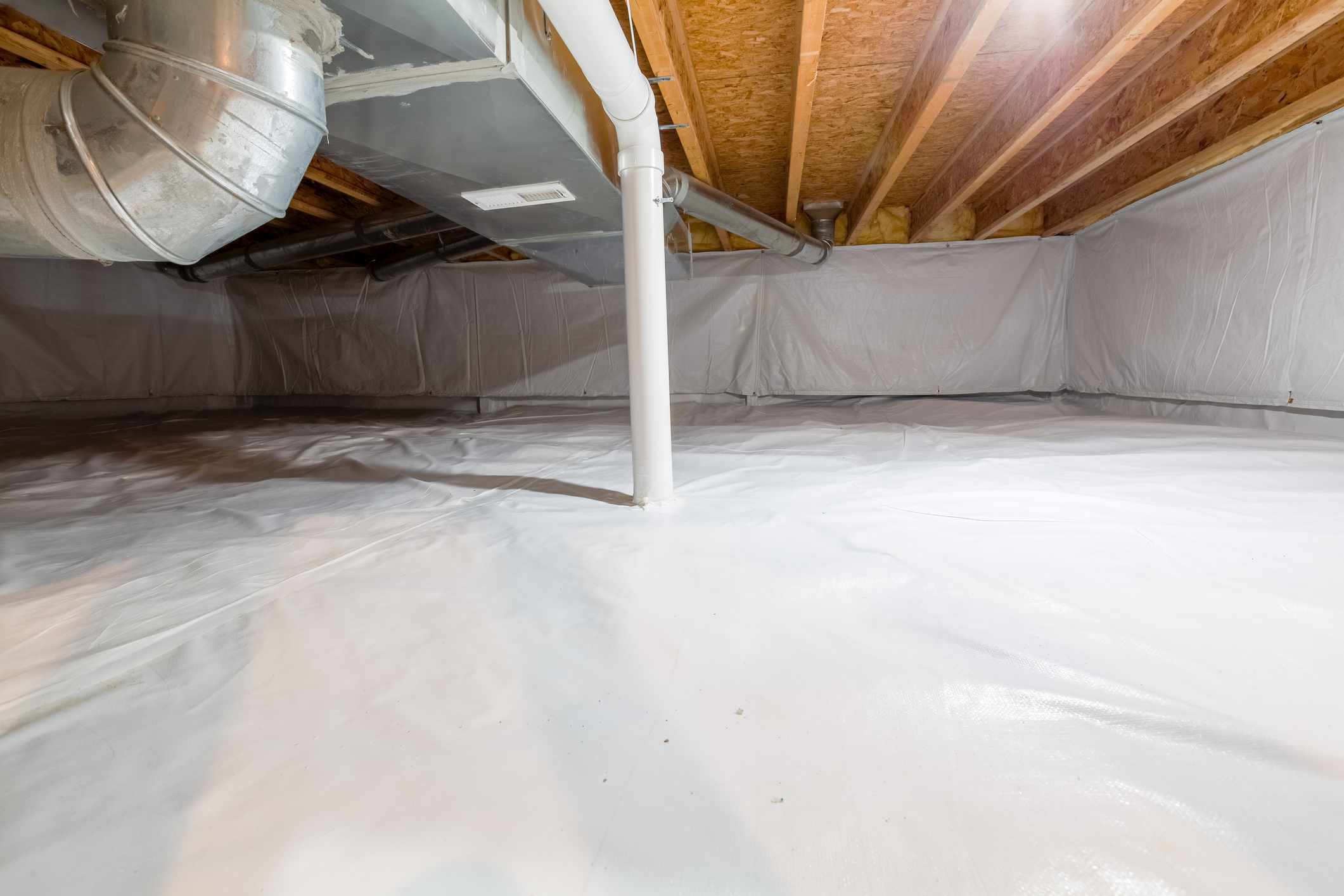
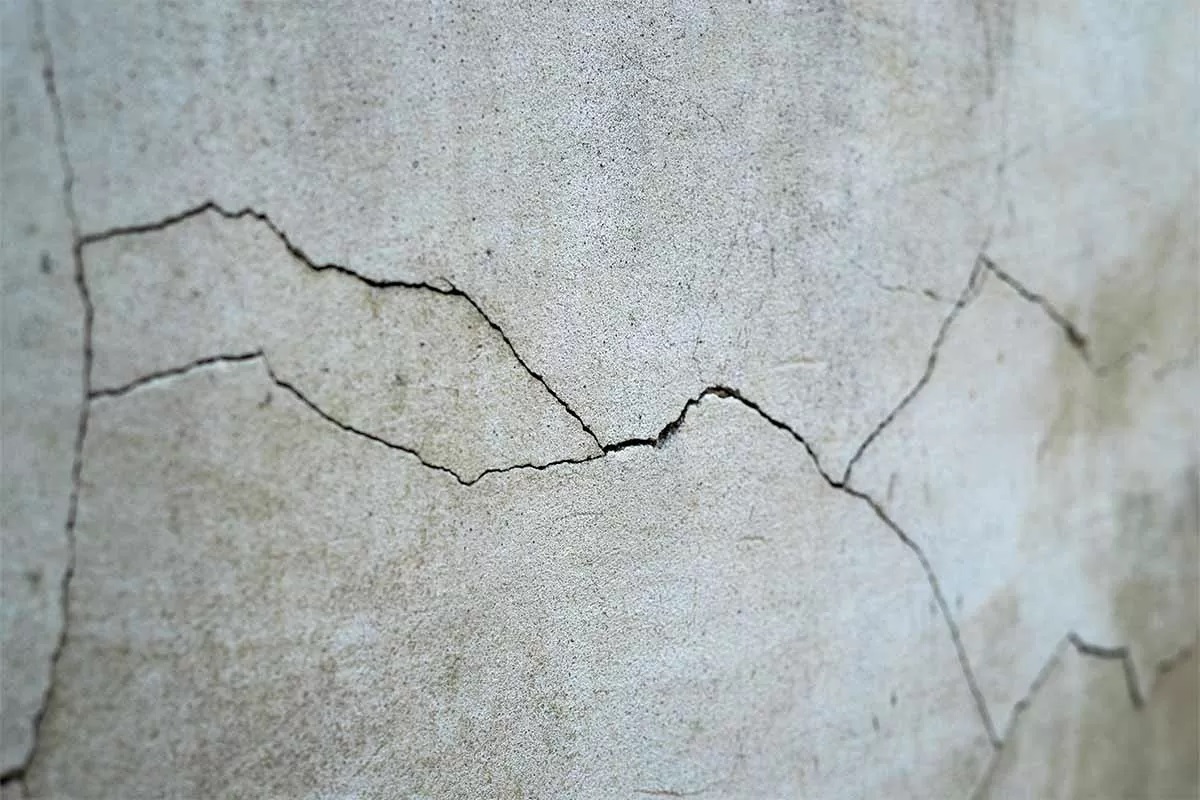
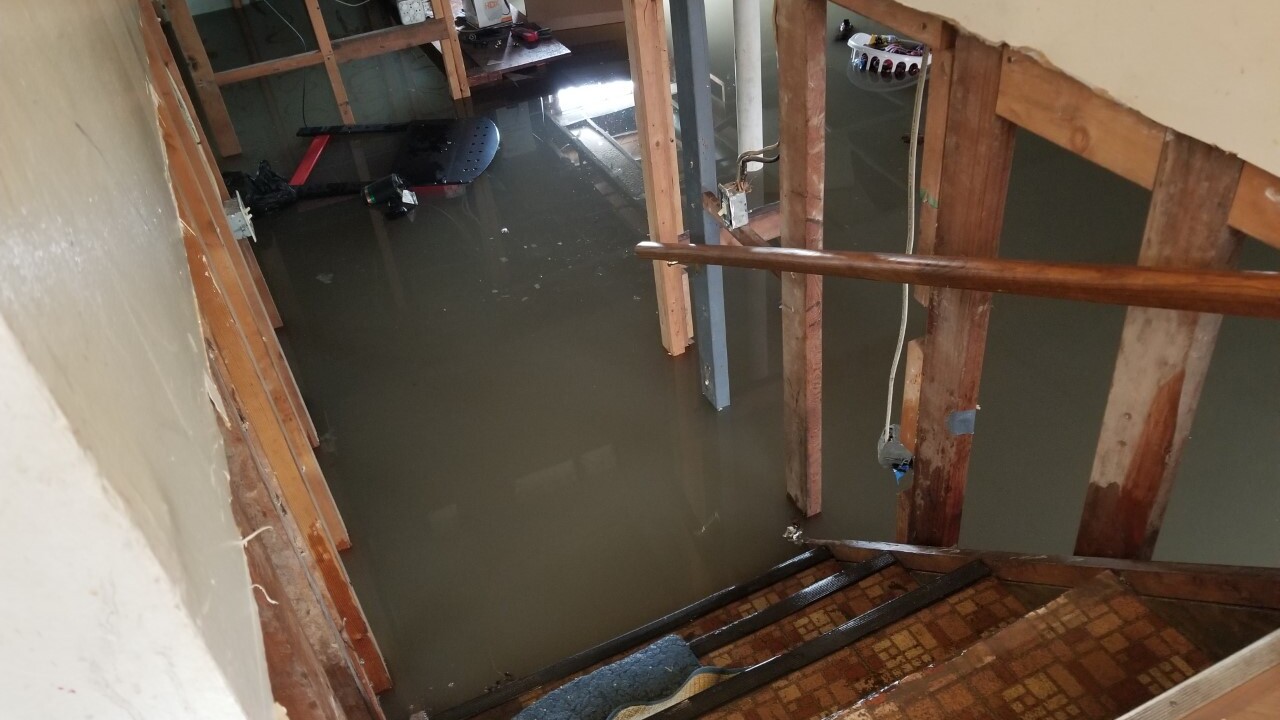

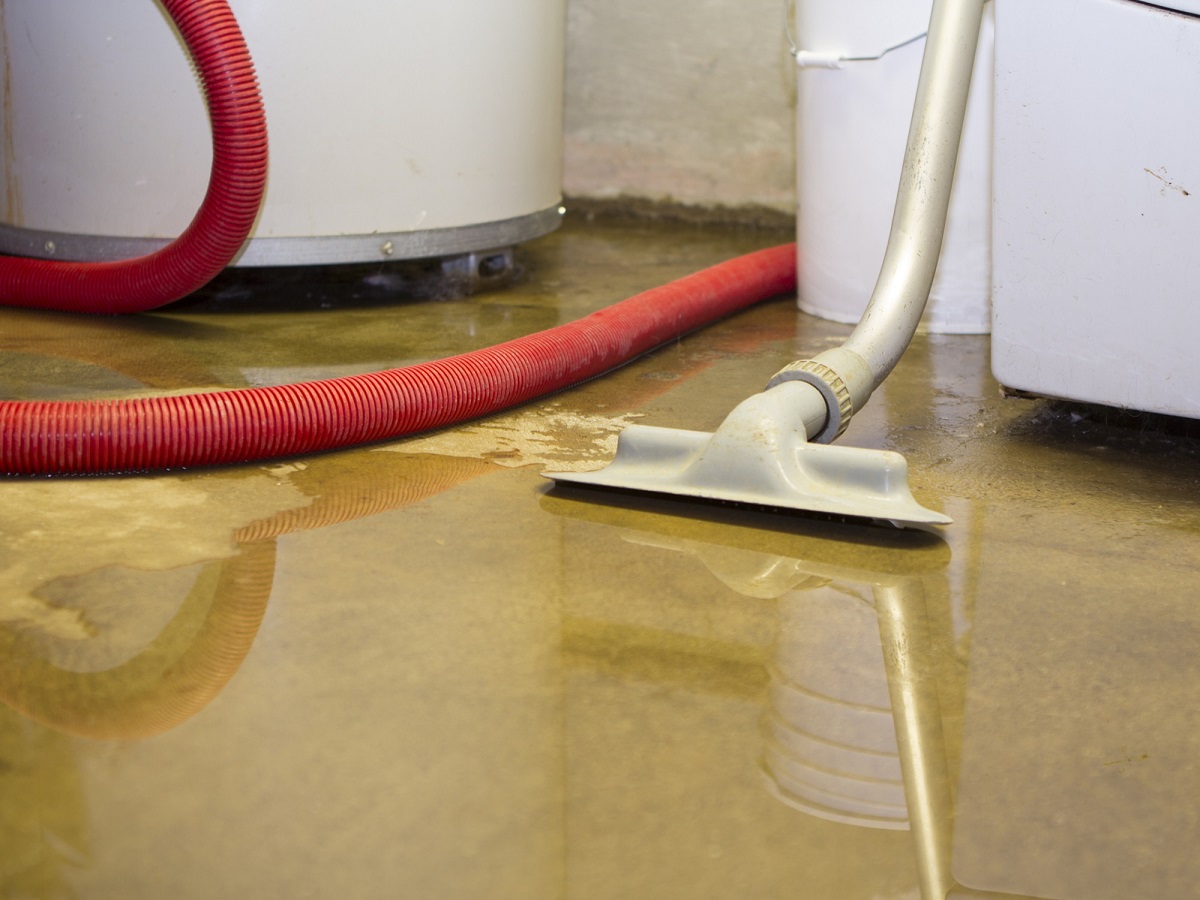
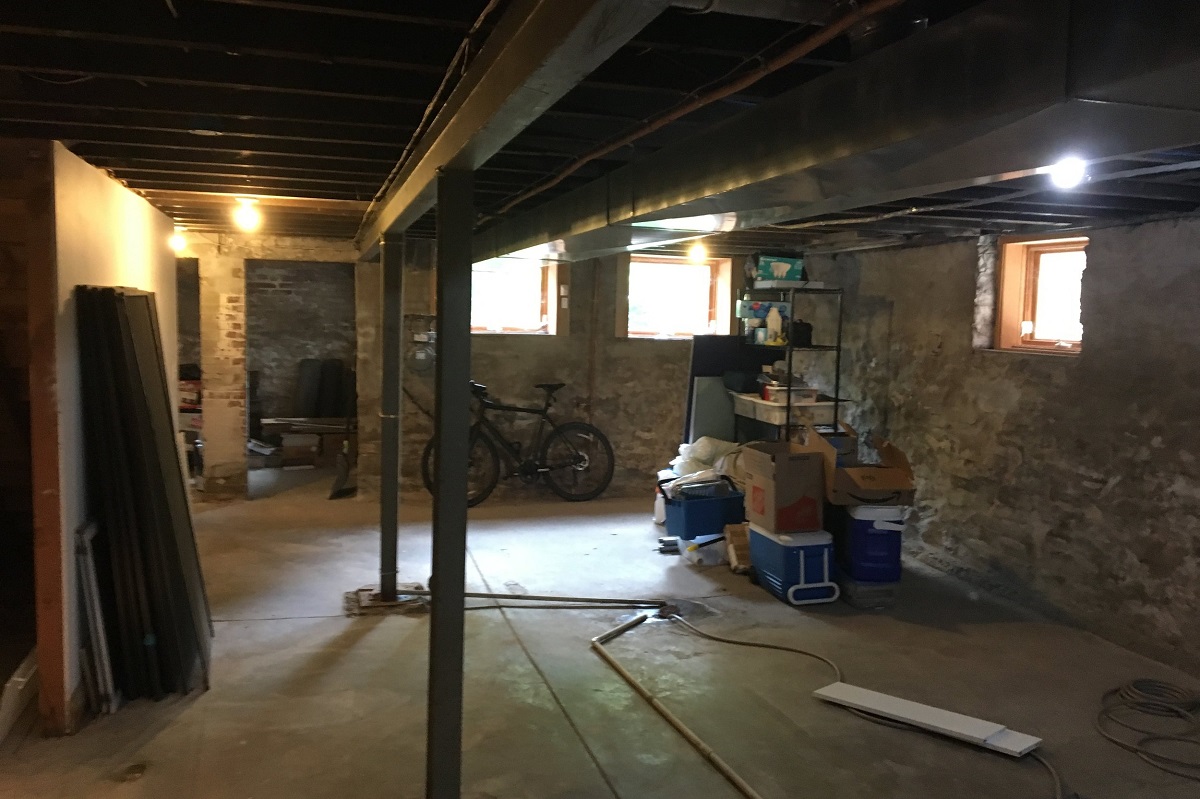
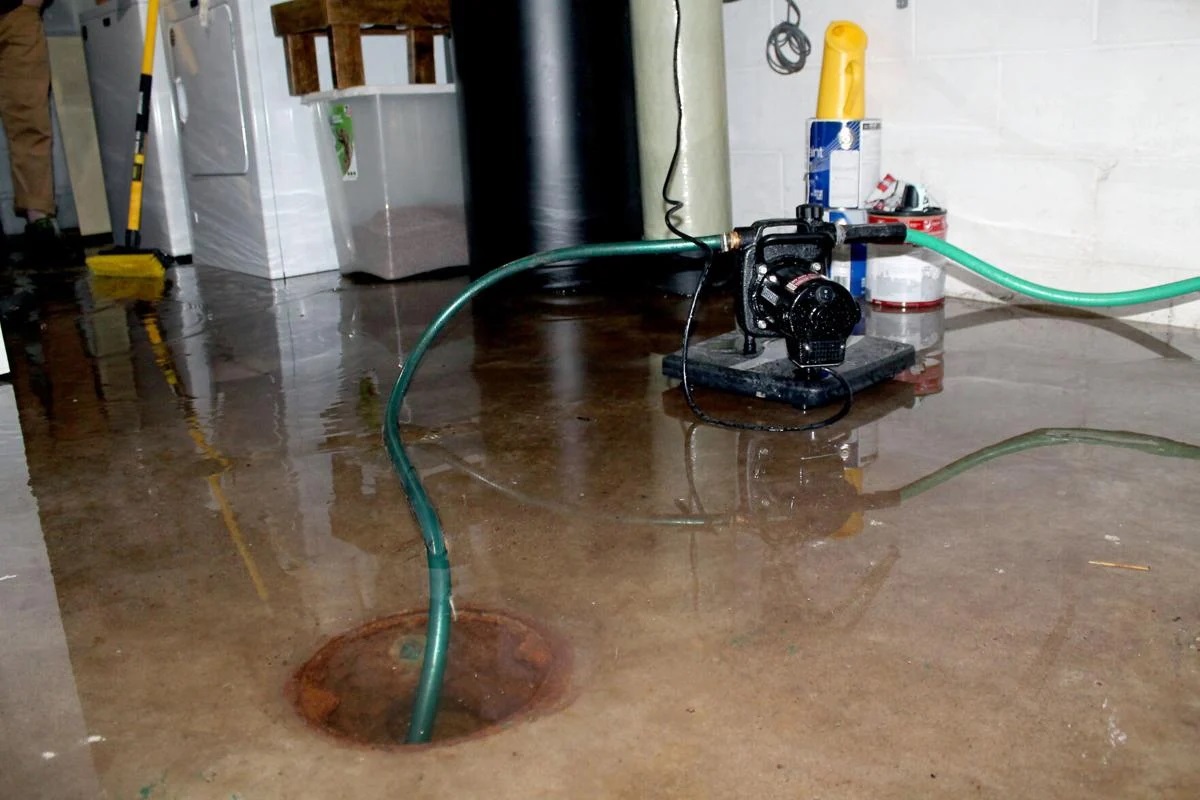



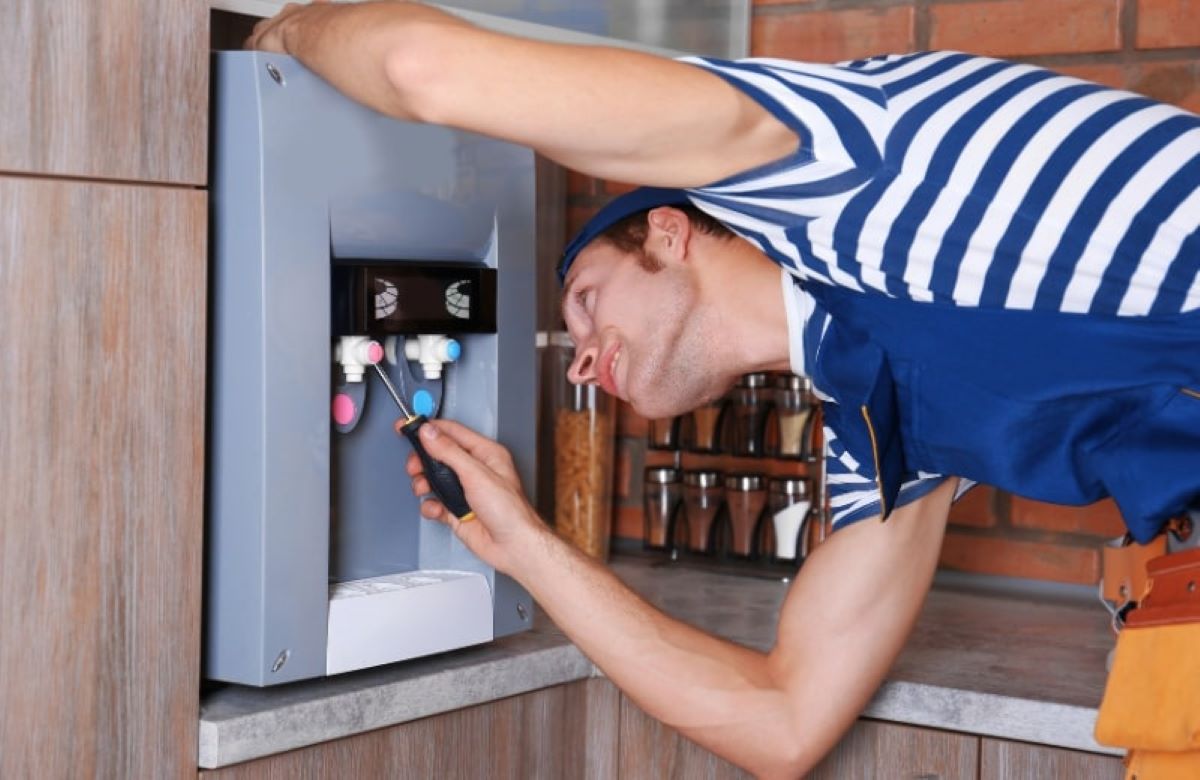
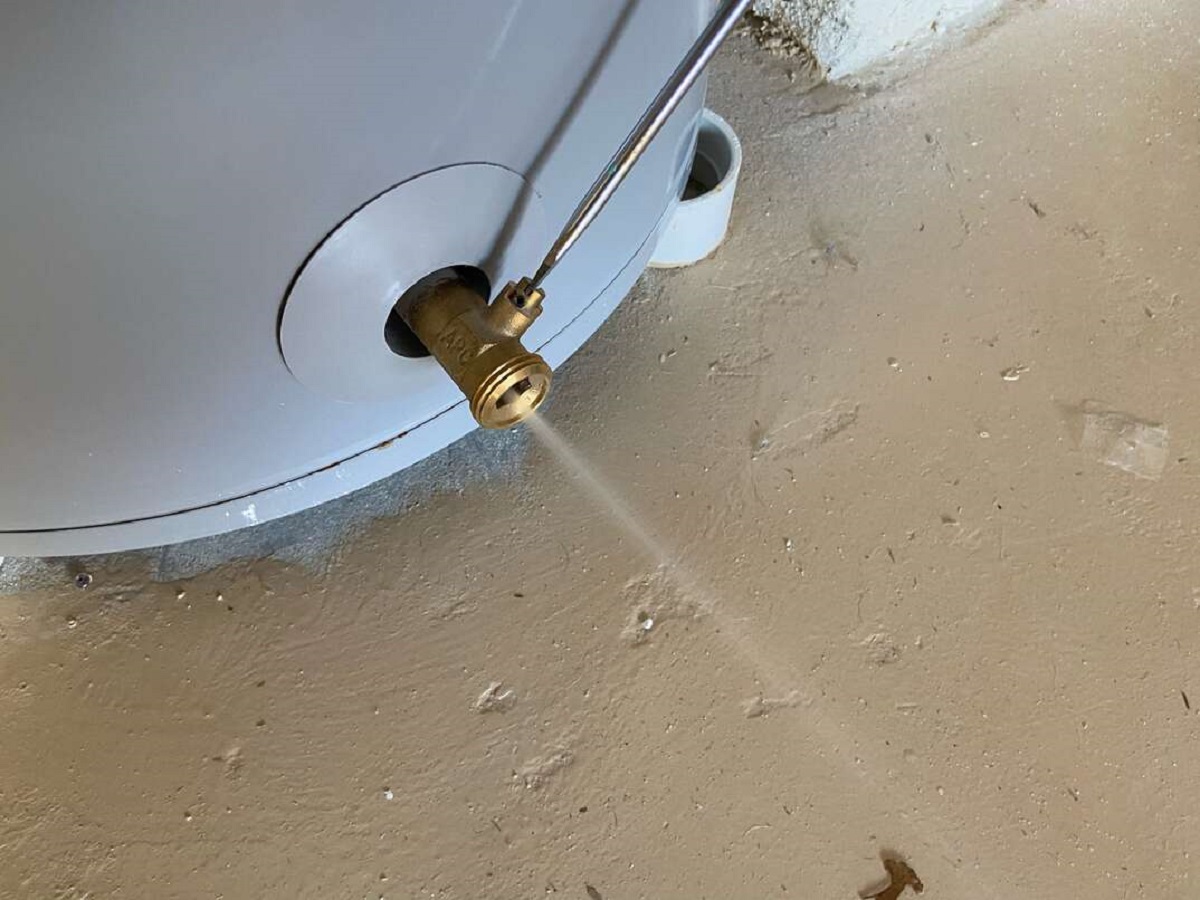
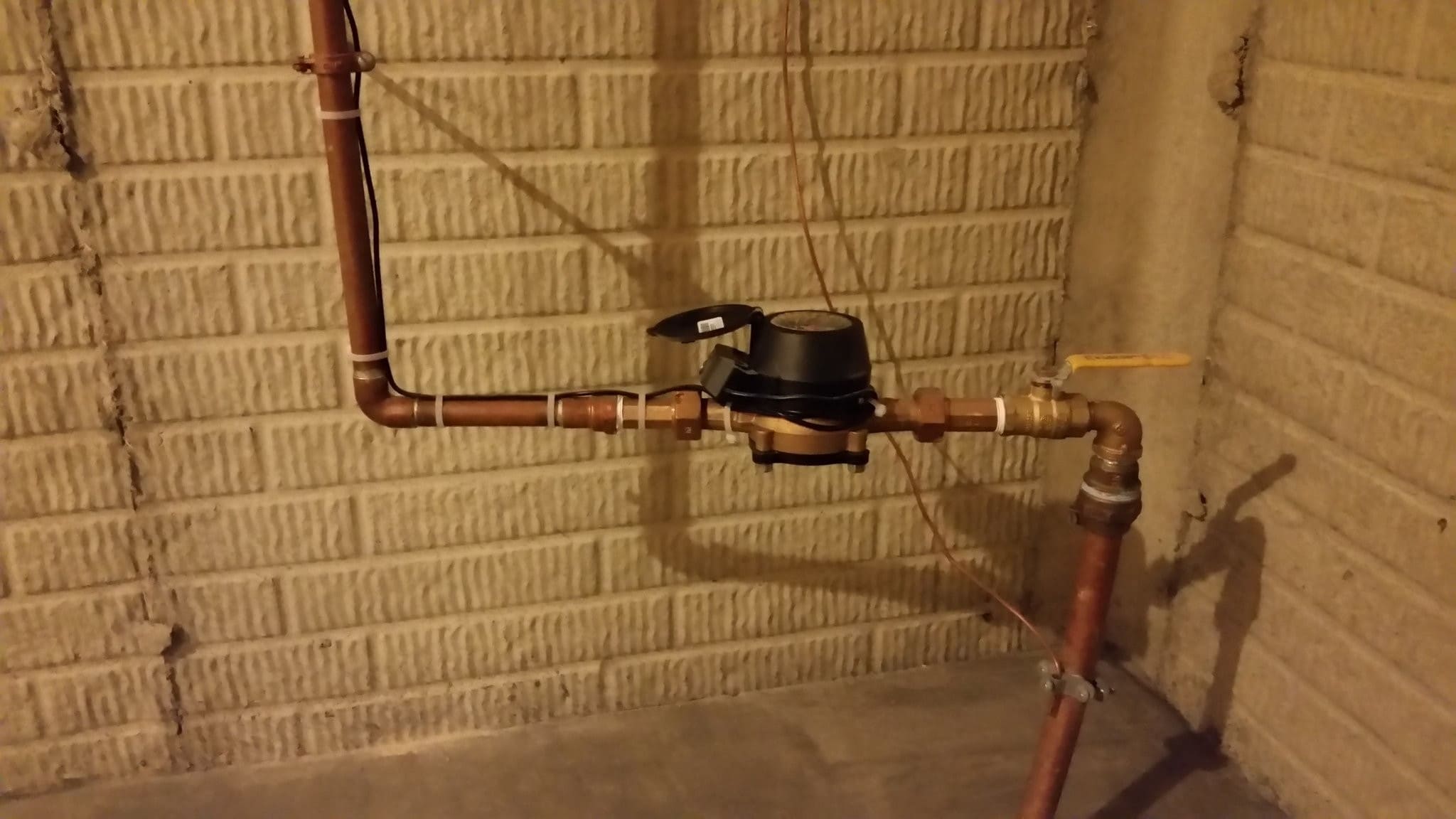
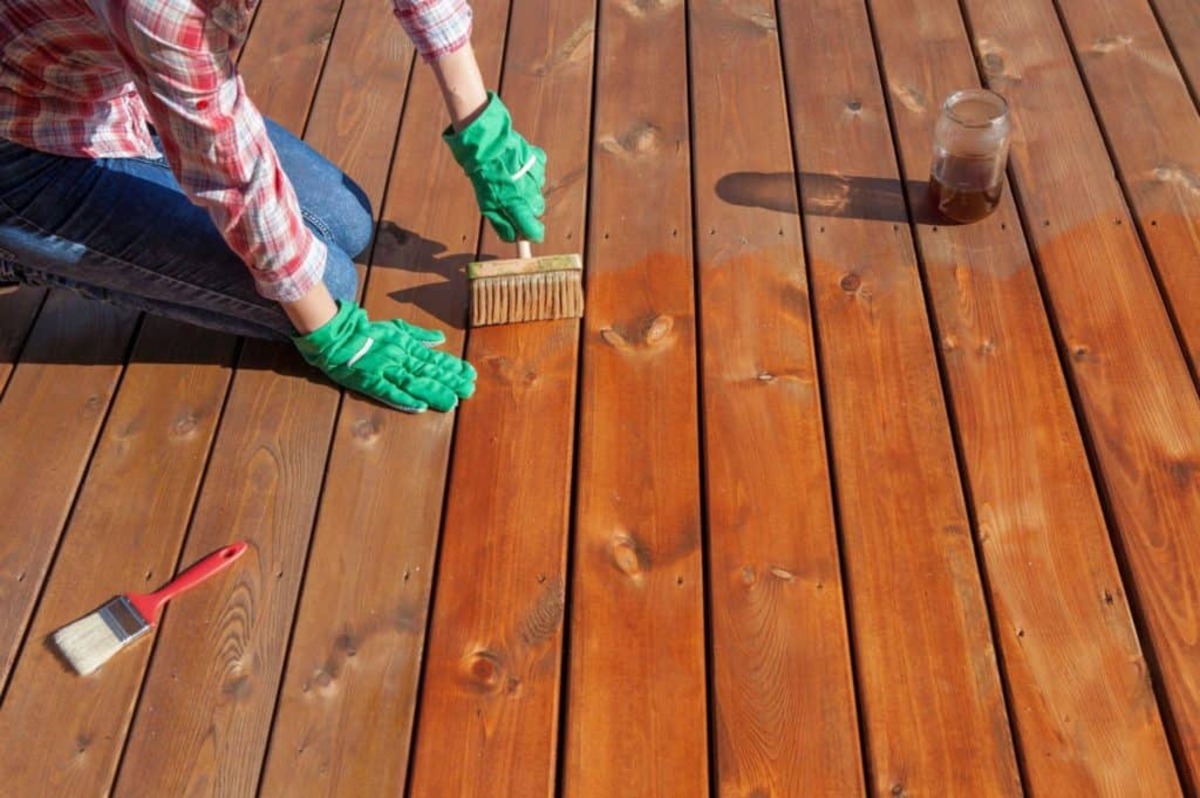

0 thoughts on “What To Do About Water In The Basement”